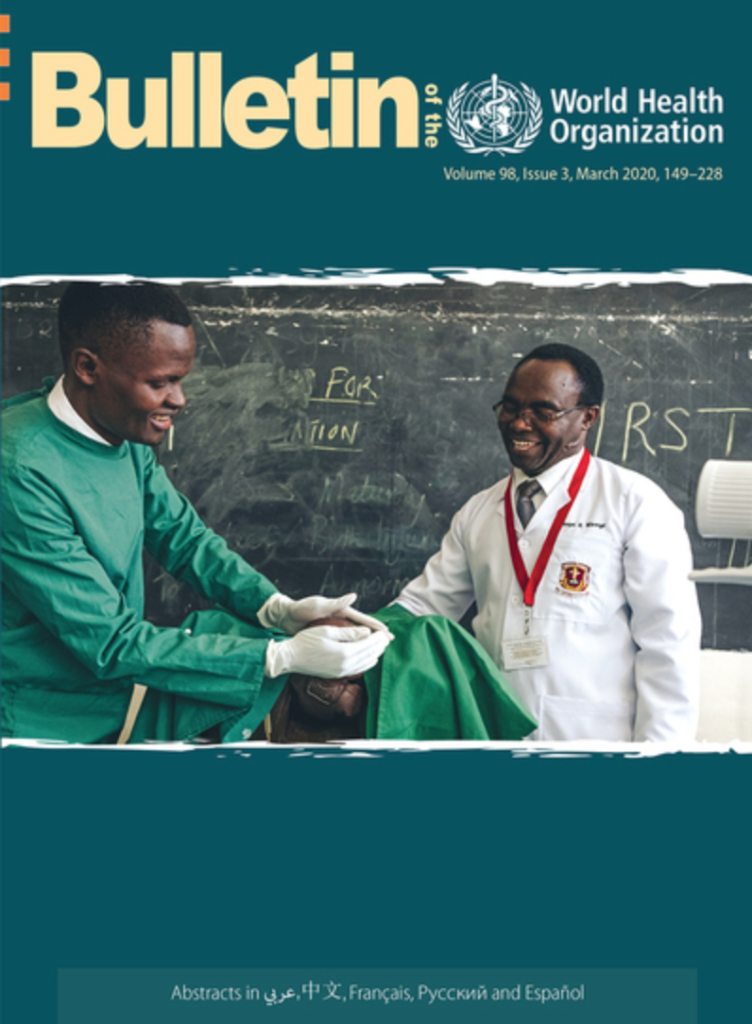This week, the final results of the STREAM Stage 1 health economics evaluation were published online in the Bulletin of the World Health Organization.
The STREAM clinical trial was conceived of, and funded by, the United States Agency for International Development. Stage 1 of the trial evaluated the efficacy, safety and cost of a shorter, 9 to 11-month regimen for multidrug-resistance tuberculosis (MDR-TB) against the previously recommended 20-month regimen. STREAM is the first phase III trial of a TB treatment that included an economic evaluation within the trial.

The Stage 1 health economics evaluation – conducted by the Liverpool School of Tropical Medicine, in collaboration with the University of Warwick – demonstrated that the shorter 9 to 11-month regimen significantly reduced the cost of treating MDR-TB for both patients and health systems compared to the 20-month regimen.

The health system cost reduction per patient was around US $1,545 (25%) in Ethiopia and around US $1,722 (21%) in South Africa. The shorter regimen also reduced direct costs to patients, such as transport and food, compared to the 20-month regimen. The reduction was US$13 per patient in Ethiopia and US$64 in South Africa.
These results should be very encouraging for national TB programs as they decide whether and how to introduce shorter regimens for treatment of MDR-TB. It will help them in increasing equity and reducing poverty among affected patients and their families.
To read the results in full in the Bulletin of the WHO, click here.
